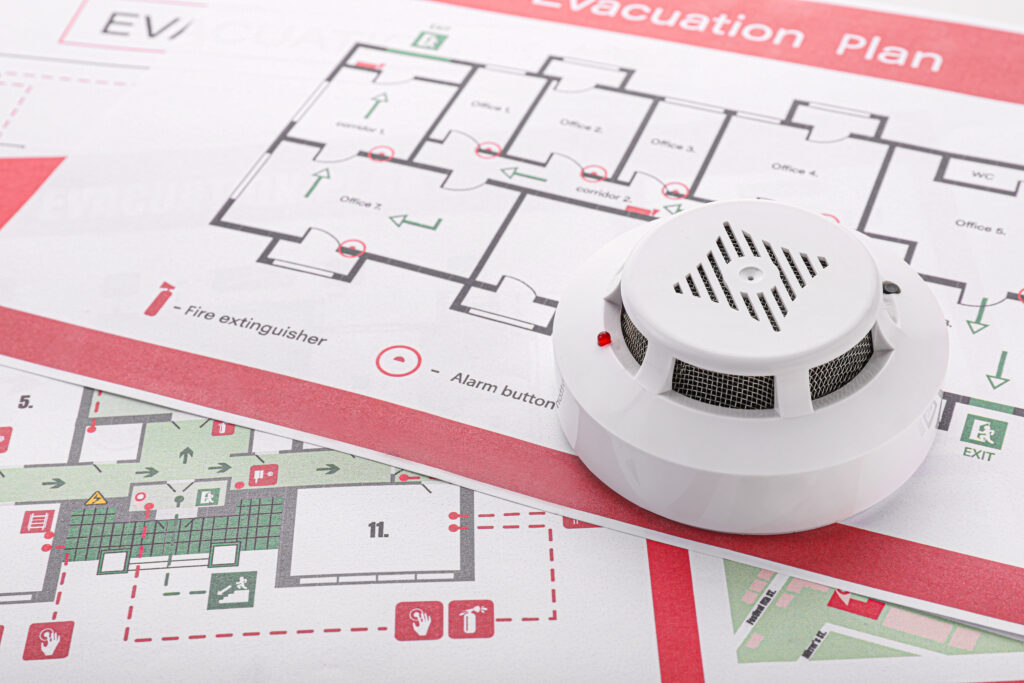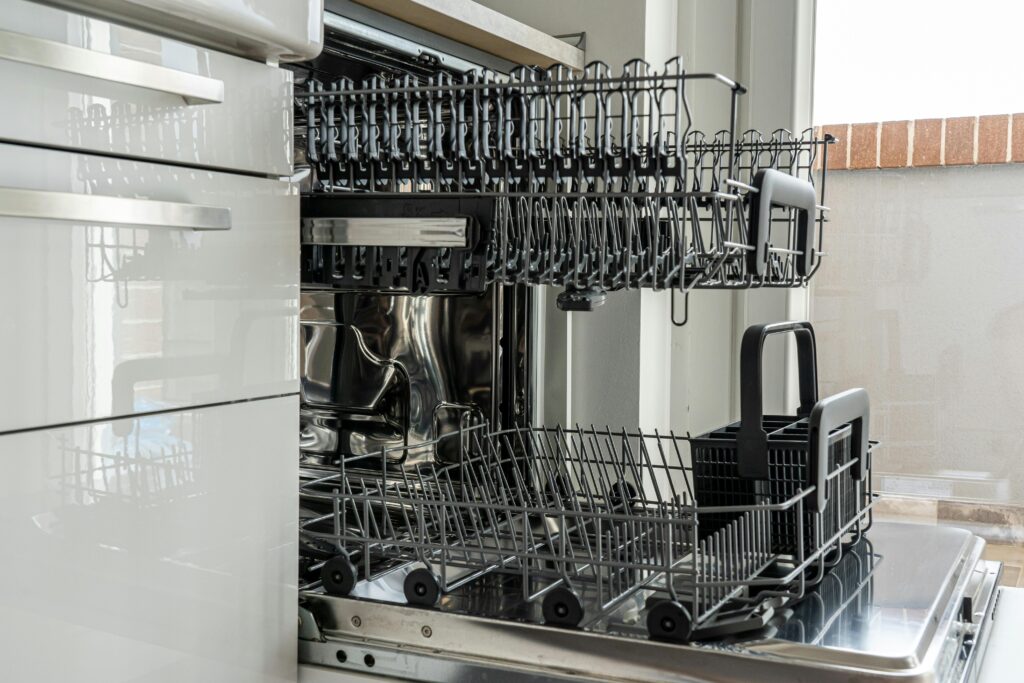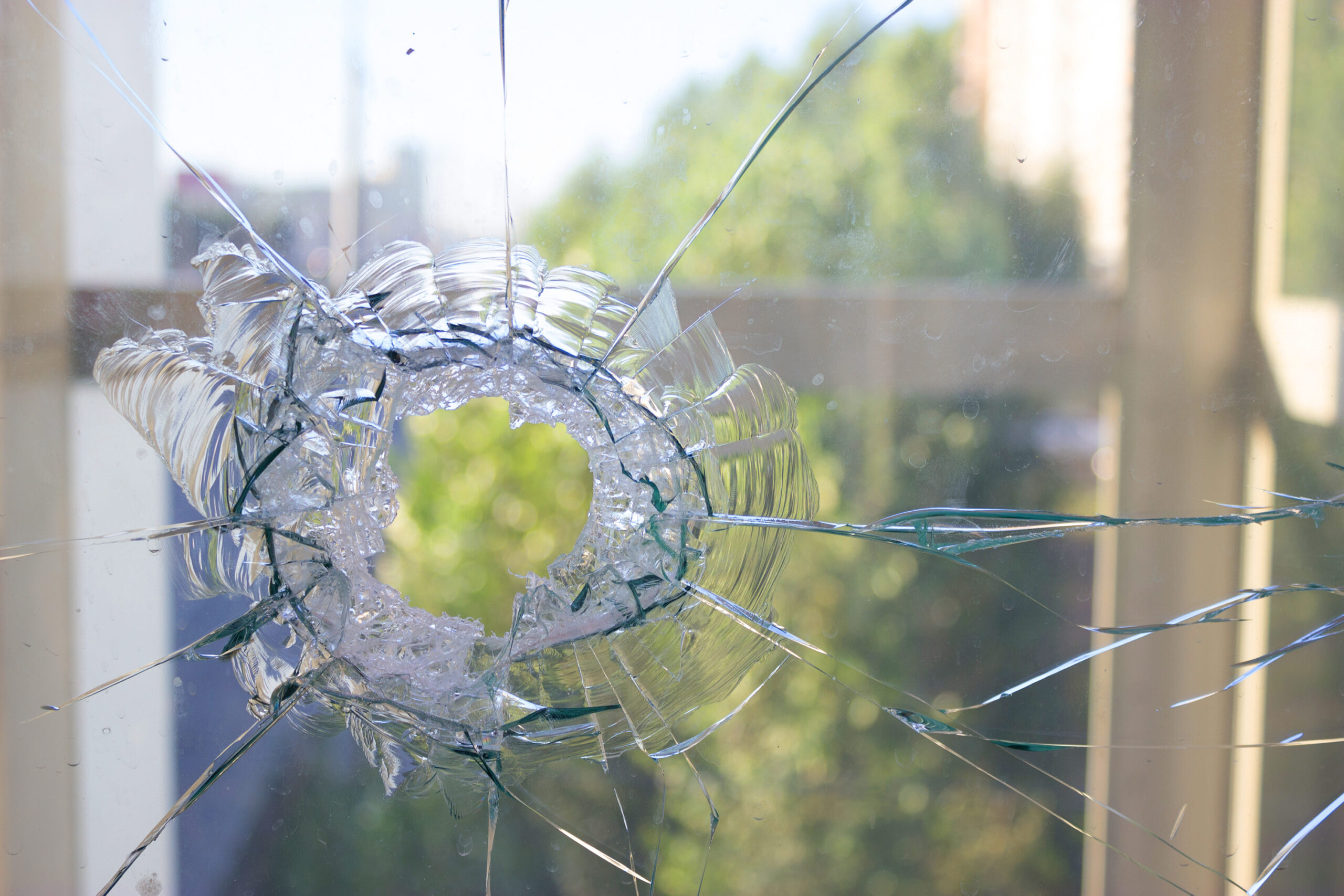Picture this: It’s the middle of the night, and a stark, cold breeze sneaks its way through the house from an unknown source. You rise from your bed to investigate, only to find a gaping hole where your window should be, courtesy of a stray baseball from a late-night game. Or perhaps the overpowering stench of something burning fills your home, leading you to a smoldering toaster that’s about to ignite the kitchen curtains. Home emergencies happen without favor or foresight, and in these moments, swift, knowledgeable action could be the difference between a minor hiccup and a devastating loss.
In this detailed blog post, you will learn how to tackle some of the most common household hiccups head-on, empowering you to protect your sanctuary with preparedness and DIY dexterity. Whether you’re a new homeowner or simply looking to enhance your emergency response edge, the tools and knowledge you gain here will offer a practical pathway to peace of mind.
Introduction: The Need for Household Emergency Readiness
Unexpected disruptions are an unwelcome companion of life, yet within our homes, we often forget to anticipate these unwelcome visitors. It’s easy to neglect the reality that, at any given time, we might be faced with a burst pipe, a power outage, or even a break-in. This negligence can lead to anxiety during these situations, making quick thinking and decisiveness challenging.
By familiarizing yourself with the common household emergencies and their remedies, you not only ensure the well-being of your family but also protect your property. The sense of self-reliance and the ability to stabilize a situation when things seem dire cannot be overstated. It is the hallmark of a responsible homeowner.

Common Household Emergencies and Their Solutions
A Dripping Disaster: Plumbing Issues
The Scenario: A persistent drip echoes through the house, signaling a leak that’s beginning to wear away at your patience and possibly the integrity of your walls.
Quick Plugs and Patches
- Shut off the water supply to the affected area.
- Temporarily seal the leak with a pipe clamp, pressure tape, or even something as straightforward as chewing gum (yes, it can work in a pinch!).
- When to Call a Pro: If your DIY solution is holding and the leak seems minor, you can likely repair it on your own once the waters recede. However, if the issue is complex or the leak severe, a plumber’s expertise is crucial.
Sparks Are Flying: Electrical Problems
The Scenario: You plug in an appliance, and the lights flicker ominously, followed by silence. A tripped breaker or something more sinister?
Unplugging the Problem
- Locate your electrical panel and identify the circuit that has been tripped.
- Reset the breaker by moving it to the OFF position, followed by the ON position.
- When to Call a Pro: If the breaker continues to trip or if you encounter any exposed wiring, leave it to an electrician.
Breached Sanctuary: Home Security Issues
The Scenario: You return home to find your front door ajar, indicating a potential break-in.
Securing the Scene
- Do not enter the home if it appears to have been broken into.
- Contact the authorities immediately.
- When to Call a Pro: Even if you do not see any immediate danger, have a professional evaluate your home’s security to prevent future incidents.
The Beast Within: Fire Emergencies
The Scenario: An unattended candle has ignited your curtains, spreading flames rapidly.
Snuffing the Fire
- If the blaze is small, use a fire extinguisher aiming at the base of the fire. Remember the acronym PASS – Point, Aim, Squeeze, and Sweep.
- If the fire is large or you are unsure, evacuate immediately and call the fire department from a safe distance.
- When to Call a Pro: Always call the fire department as soon as possible. Your family’s life and your property are at stake, and fire professionals are equipped and trained to handle the situation.
Silencing the Scream: Appliance Malfunctions
The Scenario: Your dishwasher has become a cacophony of grinding gears and high-pitched whines, suggesting an impending collapse.
Maintenance and Mitigation
- Unplug the appliance to prevent further damage or a potential electrical hazard.
- Assess the issue. In some cases, a simple part replacement or professional cleaning may restore the appliance’s functionality.
- When to Call a Pro: If you are not experienced with appliance repair, it’s best to call in an expert to handle the situation.

Step-by-Step Solutions for Home Response
In the event of a household emergency, the first few moments are critical. It’s during this stage that most damage can be prevented, and the safety of everyone in the home can be ensured. For major issues, always call emergency services as priority. For less severe emergencies, having a step-by-step plan can be invaluable.
Gathering Your Tools of Triage
To execute a response as efficiently as possible, it’s essential to have a well-stocked home toolkit. Some items that should always be at arm’s reach:
- A multipurpose tool or utility knife
- Flashlights and spare batteries
- A first-aid kit
- Duct tape and electrical tape
- A dependable, all-weather radio
Assessing the Situation
Start by calmly assessing the emergency.
- Is there anyone injured or in need of immediate attention?
- Can you identify the source of the issue, and is it contained?
- Do you have an escape plan if the situation worsens suddenly?
Stop the Spread
For water issues, shutting off the main valve can prevent further flooding. For electrical issues, switch off the power source if it’s safe to do so. Use containment materials like sand for oil-based fires.
Communicating and Documenting
If the emergency requires outside help, be clear and concise when communicating with emergency services.
- Provide your address immediately.
- Describe the situation clearly and listen to any instructions given to you.
- If possible, take photos for insurance purposes before beginning any cleanup or repairs.
Preventive Measures: Your First Line of Defense
Regular Maintenance Saves More Than Ducts and Dollars
Investing time in regular checks and simple maintenance can prevent many emergencies before they arise.
- Check on your plumbing system for leaks and note any decrease in water pressure.
- Mitigate potential fire hazards, such as kitchen grease buildup or lint in dryer vents.
- Inspect your electrical systems for frayed wires and other signs of wear.
The Emergency Kit Reimagined
An emergency kit should be tailored to your home and potential risks in your area. Here are some additional items to consider:
- Non-perishable food and water for at least 72 hours.
- Extra cash and copies of important documents in a waterproof container.
- Necessary medications and a first aid manual.
- Whistles or other signal devices to alert rescuers if you become trapped.
When the Line Blurs: DIY or Professional Help?
Knowing when to repair and when to retreat is the crux of DIY emergency management.
The DIY Guide to Assessing Repairs
If you feel comfortable with repairing a leaky pipe or resetting a breaker, go for it. Remember:
- Your safety is paramount. Only attempt what you are confident you can safely do.
- A temporary fix is often the quickest. The permanent resolution may involve additional materials or skills.
Choosing Professional Support
Some signs tell you it’s time to call in the pros:
- If you’re not sure of the cause of an issue.
- If the damage is severe or beyond the scope of routine repairs.
- If there’s any risk of personal harm or if the issue involves specialized equipment.

Building an Informed Community
Our homes are more than structures; they are vessels of life and the starting point of community.
- Educate your family on basic emergency response protocols.
- Consider joining or starting a neighborhood watch program to bolster home security and collective emergency awareness.
- Share your knowledge with others to create a stronger, more resilient society.
Conclusion: Safeguarding Your Sanctuary
Every homeowner aspires to a lovingly kept dwelling, a fortress against the world’s vagaries. By arming yourself with the tools, knowledge, and foresight outlined in this post, you not only enhance the physical security of your home but also enrich the emotional security within its walls.
Remember, skill and preparedness are akin to a savings account – you may never need them, and yet you draw immense comfort from their existence. Continue to refine and enrich your toolkit and know-how, for the best defense against the unexpected is an empowered, informed, and ready home front.



